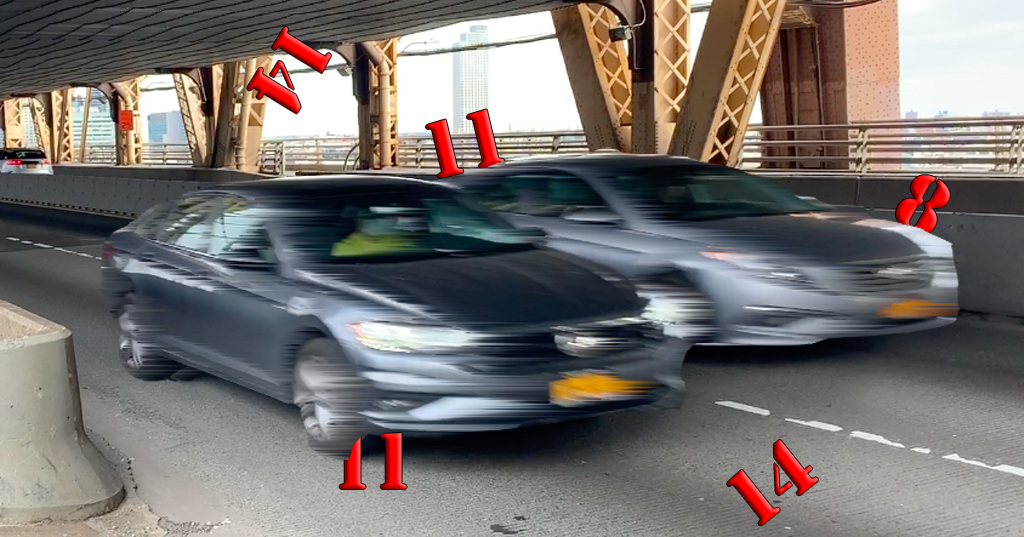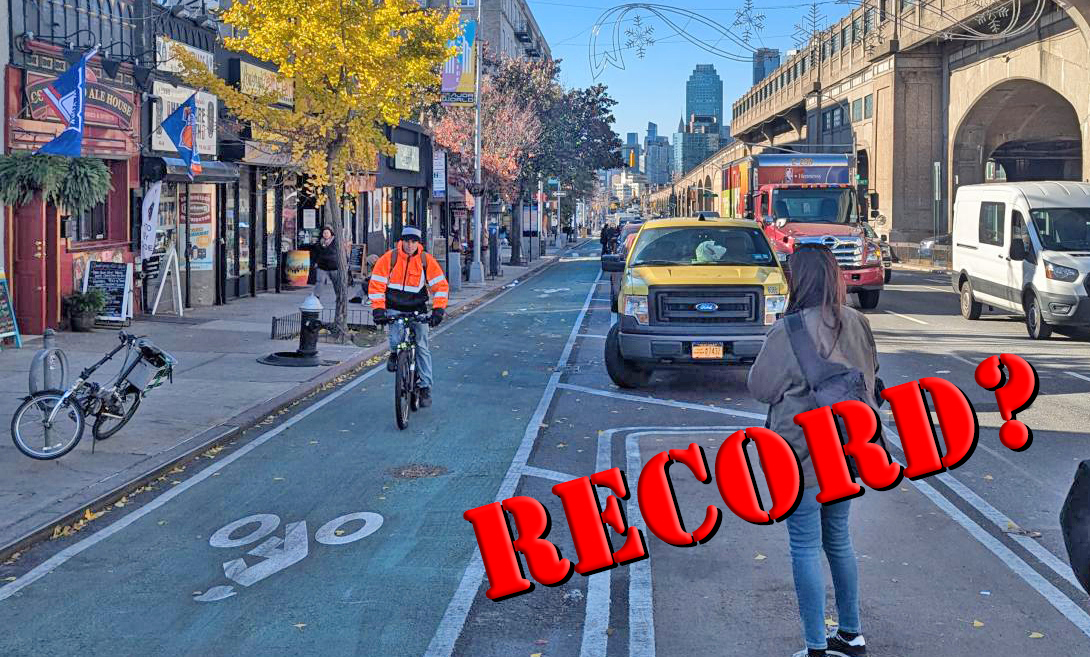It's DW-about time.
The state Department of Motor Vehicles will finally add points to a driver's license after a conviction for intoxicated driving or aggravated unlicensed operation — both of which will receive 11 points under new guidelines that quietly went into effect earlier this month.
Officials also increased the amount of points drivers will earn for other convictions: eight points for passing a stopped school bus (up from five), five points for leaving the scene of an injury-causing crash (up from three) and five points for failure to exercise due care (up from two). A conviction for drag racing, which previously did not net any points, will now land a driver with five.
The DMV's official threshold to recommend that a judge suspended a driver's license is exactly 11 points. The new rules also expand the window of time judge's must consider accrued points from 18 months to 24 months.
Under the new rules, the DMV now requires drivers with 11 or more points in a 24-month period, or nine or more points related to speeding in a 24-month period, attend a hearing where the agency can suspend their license — an entirely new form of accountability for reckless drivers. Drivers with four more points within a year after one of those hearings will be forced to attend another.
"It's definitely going to result in more suspensions, more revocations, more driver responsibility assessment fees," said Steven Stites, a lawyer who represents drivers in moving violation cases.
Stites called points "an existential threat to the lives and livelihoods" of the people he represents, who are often professional drivers.
"Anything that makes the point system harsher to them is something that is going to affect their behavior, that ... will result in more of them being suspended, losing their licenses, and, I will theorize, result in more of them driving more carefully as well," he said.
DMV officials did not return a request for comment about the rules, which were published in the State Register, but not, oddly, on the agency's own website where drivers could easily find them.
Agency officials last year said the new rules were necessary because there was "no authority to treat these egregious behaviors and convictions similarly to other convictions which qualify motorists to be deemed problem drivers."
The agency predicted a 40-percent spike in the number of drivers "classified as persistent violators" from expanding the points timeframe by six months.
The DMV's persistent violator hearing is separate from its license revocation hearing, and specifically allows judges to permanently revoke a person's right to drive. Drivers with a single 11-point violation will not receive persistent violator status, according to the new rules.
Unfortunately, a suspended or revoked license doesn't mean an individual won't still attempt to drive — unlicensed operation is a chronic and deadly problem.
Still, personal injury lawyer Steve Vaccaro, who represents victims of traffic crashes, told Streetsblog he was "thrilled" by the changes to the points system.
Plus, the DMV's decision to include aggravated unlicensed operation in the points system will give victims and their families extra ammo in civil suits against drivers.
"There is potential that DMV license revocation could become facts that would be relevant and could be introduced in the context of a civil case," Vaccaro said. "Jurors don't know and understand how rampant unlicensed driving has become since the pandemic. This is a way of being able to inform the jury that this happened."
That said, the new guidelines still leave a perverse loophole in the points system that safety advocates have long protested: A drunk driver is still incentivized to flee the scene of a crash — which now earns five points — than to remain on the scene to have his or her inebriation confirmed, which could lead to an 11-point penalty.
A similar discrepancy exists in the criminal code, Brooklyn District Attorney Eric Gonzalez has pointed out.






